So, 36 games of the 2022 World Cup are in the books: how do you feel right now? Just kidding. I don't care. Well, I do. I really do. I hope you're all well, but for the purpose of today's exercise, I am not at all concerned by what you think your World Cup-related well-being is or what it actually is. No, instead, I am here to tell you what your World Cup-related well-being should be.
What the hell am I talking about? Well, every team comes into every World Cup with different expectations. A handful want to win the whole thing, a bunch of others see knockout-round qualification as the goal with anything beyond that a bonus, and some want to just make it through three matches without getting embarrassed. Then, as an unidentified writer for the television show "Industry" once said, they play three games and joy and misery are dispensed at random.
Bad teams win, good teams lose, horrible teams draw and excellent teams get sent home via byzantine tiebreaker. As NASA astrophysicist Gerald Skinner and data scientist Guy Freeman wrote in their study of randomness at the most famous global quadrennial competition: "Even on very optimistic assumptions, there is less than one chance in three that it was the best team that won the cup."
So, rather than just listing 16 teams that should feel good and 16 others that should feel bad based purely on the results of what Skinner and Freeman conclude to be a "badly designed experiment," I am instead attempting to combine the two and rank all 32 teams by both how they played and what their results were. Welcome to the World Cup Power Rankings -- of "Vibes."
 =1. USA
=1. USA
What's that? You think Gregg Berhalter should be fired for his in-game management? Oh, say that again? I'm being vaguely jingoistic by tossing the Americans in here at No. 1? You're complaining about the lack of goals? Weeping into your Gio Reyna jersey at night? Wearing a cowboy hat and screaming "WHERE'S RICARDO PEPI?" at the TV as the whistle blows and the Americans win, 1-0? Defacing local businesses with graffiti that closely resembles the name JOHN ANTHONY BROOKS?
To quote myself -- and the great Stephen A. Smith: Lemme tell you something. We don't care.
(Meanwhile, "Where'd that analytics guy go?" wonders every person who's ever read anything else I've ever written.)
I contain multitudes, but don't worry. I'm back.
Here's the thing with the USMNT. Yes, they have faded in the second half of every match they've played. Yes, it's weird that Jesus Ferreira was the best centre-forward during qualifying and now can't even see the field. Also weird: one of the best under-21 talents (Reyna) in the world, let alone the United States, has played only a handful of minutes. Weirder still: both of those things are occurring while the US consistently fades late in games because they don't have enough attackers who can come off the bench and maintain the levels of the players they're replacing.
That is all true. At the same time, the USMNT are undefeated. They've conceded a grand total of ZERO open-play goals. Oh, and they're doing it with the youngest team at the tournament, boasting an average age of 25.3, weighted by minutes played. They have one of the clearest styles at the tournament; they control the game by pressing higher up the field than most, then they look to move the ball forward via quick transitions in midfield before settling into side-to-side possession. Ultimately, the "system" that Berhalter has talked so much about over his tenure turned out to be a defensive one that limits goals by keeping the ball away from theirs.
For all of the exciting, athletic talent this team has, the US are where they are because they don't give up goals.
And frankly, there are maybe three or four national teams who have the talent to be both good attacking and good defensive sides: Brazil, France, probably England and maybe Argentina. But the USMNT's talent level just isn't there yet. Christian Pulisic is by far their most dangerous scorer, and he never has scored more than nine goals in a season in a top European league. So, the team has become a proactive goal-suppression machine that breaks opponents down with a moment of brilliance from one of its brilliant young players.
There's just really no alternate reality where this same collection of players produces better performances. Maybe someone else gets them to attack more, but then they're probably worse defensively and no better overall. They came into this tournament looking like the 16th-best team in the World Cup, with a higher upside than most teams rated similarly because of how few games their young stars have ever played together. And well, they're on to the round of 16, with a real shot -- 34%, per FiveThirtyEight -- to beat the Netherlands and move on to the final eight.
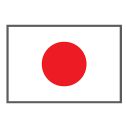 =1. Japan
=1. Japan
Herc Gomez discusses John Herdman's comments about Croatia and considers if they provided extra motivation ahead of the World Cup match.
Not convinced that this has been the wildest World Cup in recent memory? How's this: Japan lost to Costa Rica ... and yet Japan won the group that had Spain and Germany in it.
- World Cup Daily: Japan top Group E after dramatic final day
Even the cold-hearted "soccer is random and sometimes a team just kicks the ball good a couple times or a keeper gets hot or the spin doesn't go quite right off the post and I don't know man it's only three freaking games" realist in me can't bring himself to point out that Japan had a negative expected goal differential. It's not just that they lost to the worst team and beat the two best teams; no, it's that they WENT BEHIND AGAINST BOTH OF THE BEST TEAMS AND STILL WON.
Japan were supposed to be this physical team that could beat you with quick, vertical, aggressive passing in transition moments. Guess what you typically can't do when you're losing? Quick, vertical, aggressive passing in transition moments. And yet they found a way to bounce all the way back against Germany. Then it seemed like it was probably over after the Costa Rica loss. Then it definitely seemed like it was over when they went down against Spain after 11 minutes. And then -- just look at this!
2 - Since detailed World Cup records began (1966), there are only two instances of a team losing a game despite attempting 700+ passes:
— OptaJoe (@OptaJoe) December 1, 2022
Spain vs Japan tonight
Germany vs Japan last week
Formula. pic.twitter.com/nvsTSNqyI0
At the final 32-team World Cup to have four groups of eight before the expansion to 48 teams in 2026, Japan just gave us maybe the best group stage performances we've ever seen.
 3. Senegal
3. Senegal
No Sadio Mane? No problem. Yes, there is still a massive Mane-sized hole atop the Senegalese attack: they're in the top 10 for shots per game, and they're in the bottom five for the quality (expected goals per shot) of their attempts. But without their Bayern Munich superstar, nothing else changed. They cede a bit of possession but attack at pace and control final-third possession. They outshot their opponents in the group stages and took more touches in the penalty area than they allowed.
Just a professional, well-built team that was probably a bit unlucky to finish in second. Look out, England.
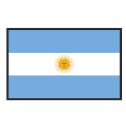 4. Argentina
4. Argentina
It got hairy there for a second. After the freak loss to Saudi Arabia, manager Lionel Scaloni panicked, changed his lineup and brought in a bunch of defensive reinforcements for the Mexico match. They were, on the whole, quite poor against Mexico, only to be saved, once again, by Lionel Messi and then by Enzo Fernandez.
For the third match, Scaloni replaced the offensively limited Guido Rodriguez at the base of midfield with Enzo, and they looked like the team they were supposed to be.
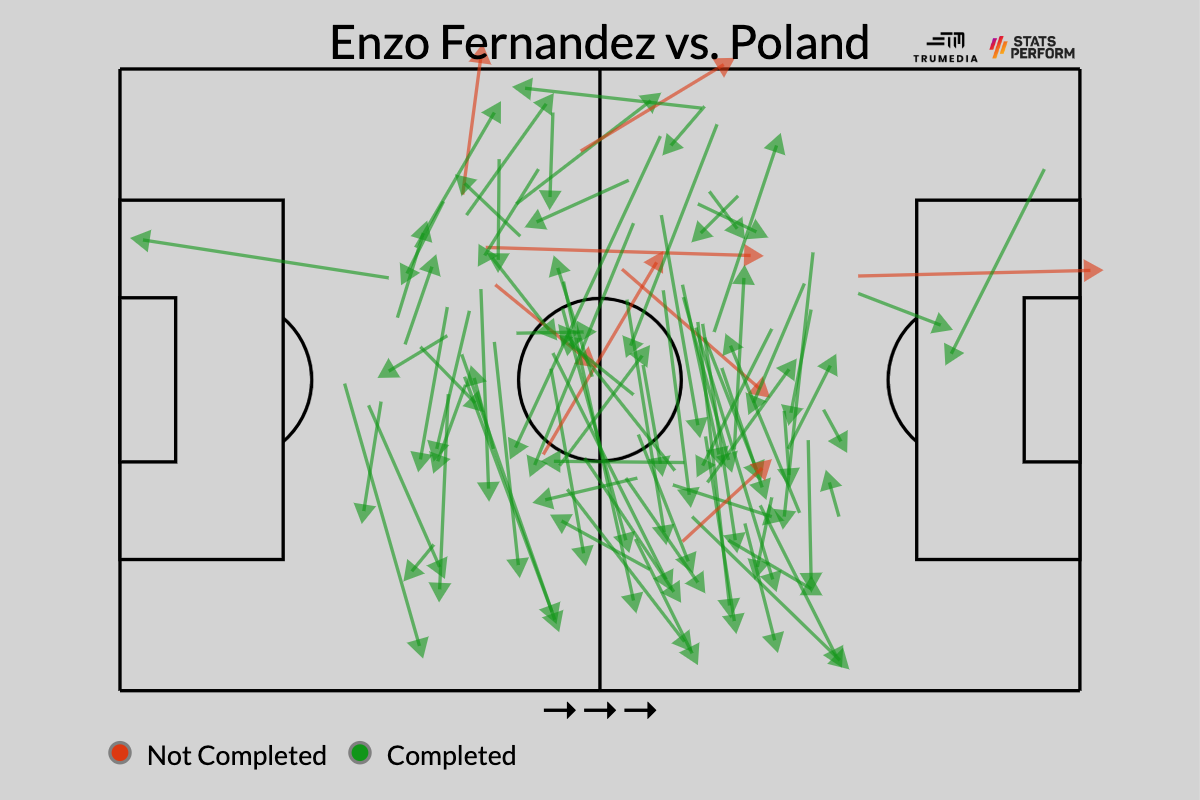
With all that passing coming from deep, Messi was able to stay much higher and influence the game around the penalty area rather than dropping into midfield and progressing the ball upfield himself.
Enzo Fernández allows Lionel Messi operating much higher up the pitch, in the zone he belongs pic.twitter.com/D2cKfFWlJK
— markstats 🍁 (@markrstats) November 30, 2022
All in all, it led to one of the most dominant performances of the tournament. Quick refresher: expected goals is a stat that determines the probability that a given shot is converted based on a number of historical factors like shot location, pass type, body part, etc. Over time, teams and players will regress toward their xG numbers -- and, well ...
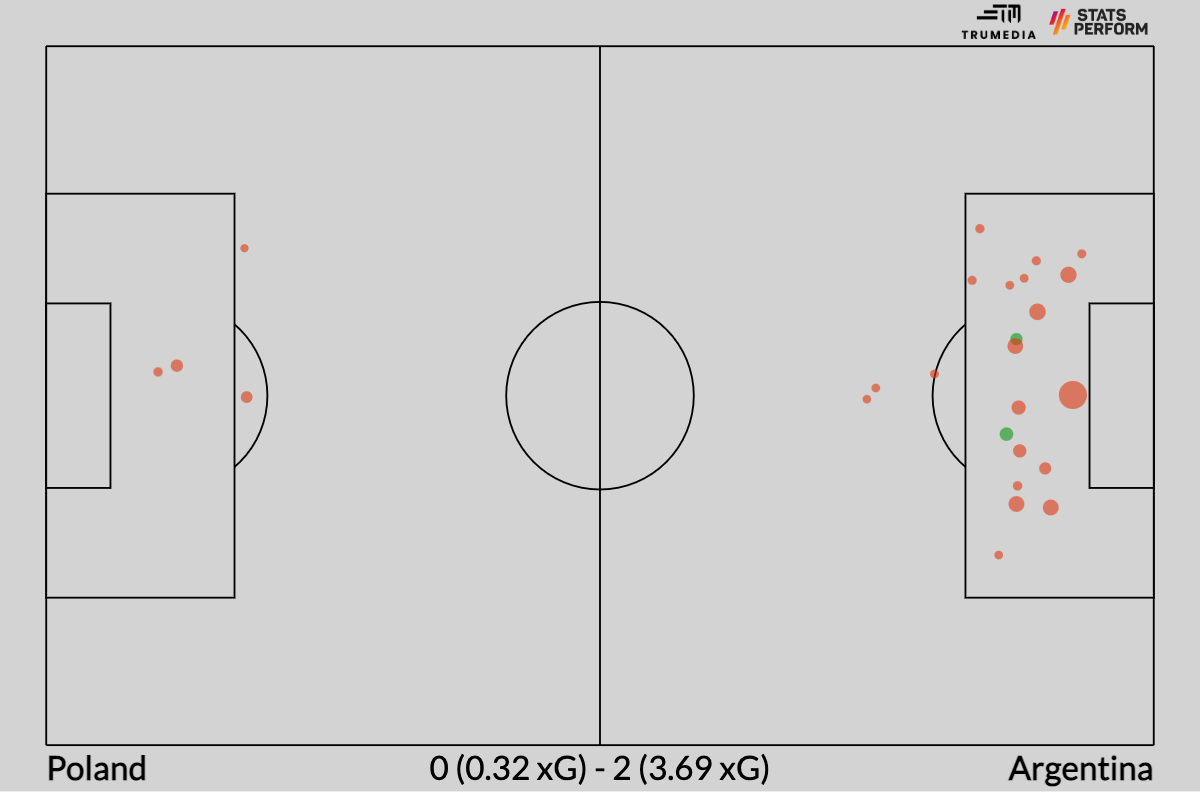
The vibes were almost too good for Argentina coming into the tournament. The loss to Saudi Arabia and the grindy coin-flip-weighted-for-Messi win over Mexico threatened to kill them, but now they're firmly back among the favorites.
 5. England
5. England
I don't know. Take that whole section about the US, add in some local British color, and it's basically the same thing? The draw against the US was a little concerning, but it's not like England conceded any real chances in that game either. Outside of the draw, they smushed both Wales and Iran to the tune of nine goals for and two conceded. Other than Spain, that's the best goal differential in the tournament.
At this point, what more do you want?
 6. South Korea
6. South Korea
Imagine if I told you this before the World Cup: Through three games, Korean superstar Son Heung-min would have attempted eight shots for a whopping 0.33 expected goals and zero actual goals:
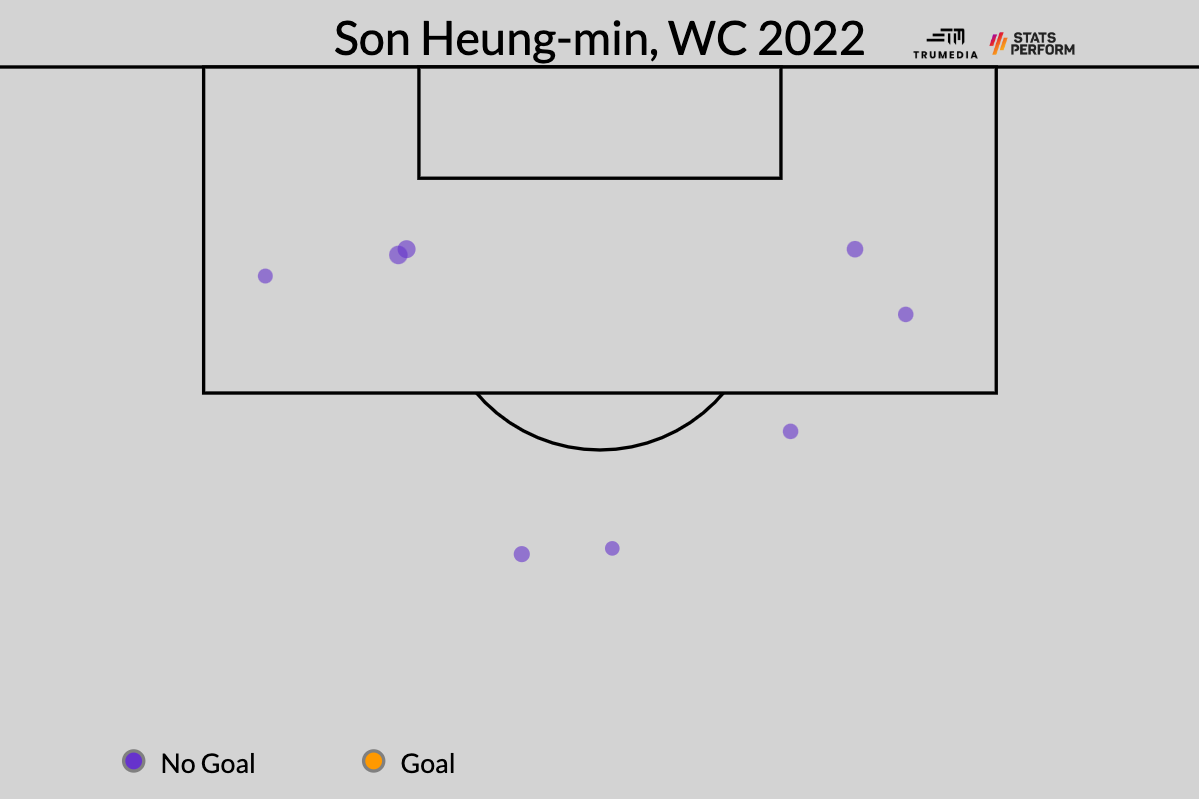
Equipped with that very strangely specific bit of information from the future, you would've assumed that South Korea went three-and-home. Outside of maybe Iran, Korea's talent gap between their best player, Son, and his second-best teammate is bigger than that of any other team in the tournament. That kind of profile usually leads to a strangely volatile performance profile; the ceiling is high if the superstar gets cooking, but if he gets shut down, the floor drops down pretty far.
Well, none of that has happened! Son has been mostly ineffective through three matches, and Korea have been just fine. They're through to the knockouts with the best xG differential of any team in Group H. And if anything, Son's performance should give fans some hope that the team might be even better than they've been so far. He's coming off a facial injury and, before the opener on Thanksgiving, hadn't played since the beginning of November. If he's playing himself back into shape, then they could be a pretty tricky knockout-round out. As Uruguay found out on Friday, he needs only one opportunity to turn the tournament on its head.
 7. Switzerland
7. Switzerland
Since the teams have so little time to play together, international soccer just tends to be a simple game. Most top club teams have moved away from traditional centre-forwards and toward hybrid players who can contribute to the game beyond scoring goals and off-ball movement. They press, too -- swarming the opposition in the attacking third with a sophisticated, coordinated movement to win the ball back.
None of that is really possible at the World Cup unless, maybe, you're Spain. Instead, the international game lends itself to defined roles. The more I think about it, the more I'm convinced that the path to success for most national teams is something like this: a shot-stopping keeper, an organized defensive structure, one passing midfielder, one creative playmaker, one traditional striker and one overlapping full-back. Mix that all together, and you've got the Swiss, who I think The Athletic's Michael Cox described perfectly as "always about 10% better than you expect."
None of Breel Embolo (the striker), Xherdan Shaqiri (the playmaker), Granit Xhaka (the passer) and Ricardo Rodriguez (the overlapper) are stars -- although Shaqiri, of course, is the Lionel Messi of my heart -- but for the national team, they get to do what they're best at, and it continues to add up to more than it seems like it should. They defend well, and they create great chances when they do get into the attacking third. I'd be worried if I were Portugal.
 8. Ecuador
8. Ecuador
In the full year prior to the World Cup, this team scored more than one goal in a game ZERO times. So, I had very low expectations for their performance in Qatar -- and then they went out and did this to the Netherlands.
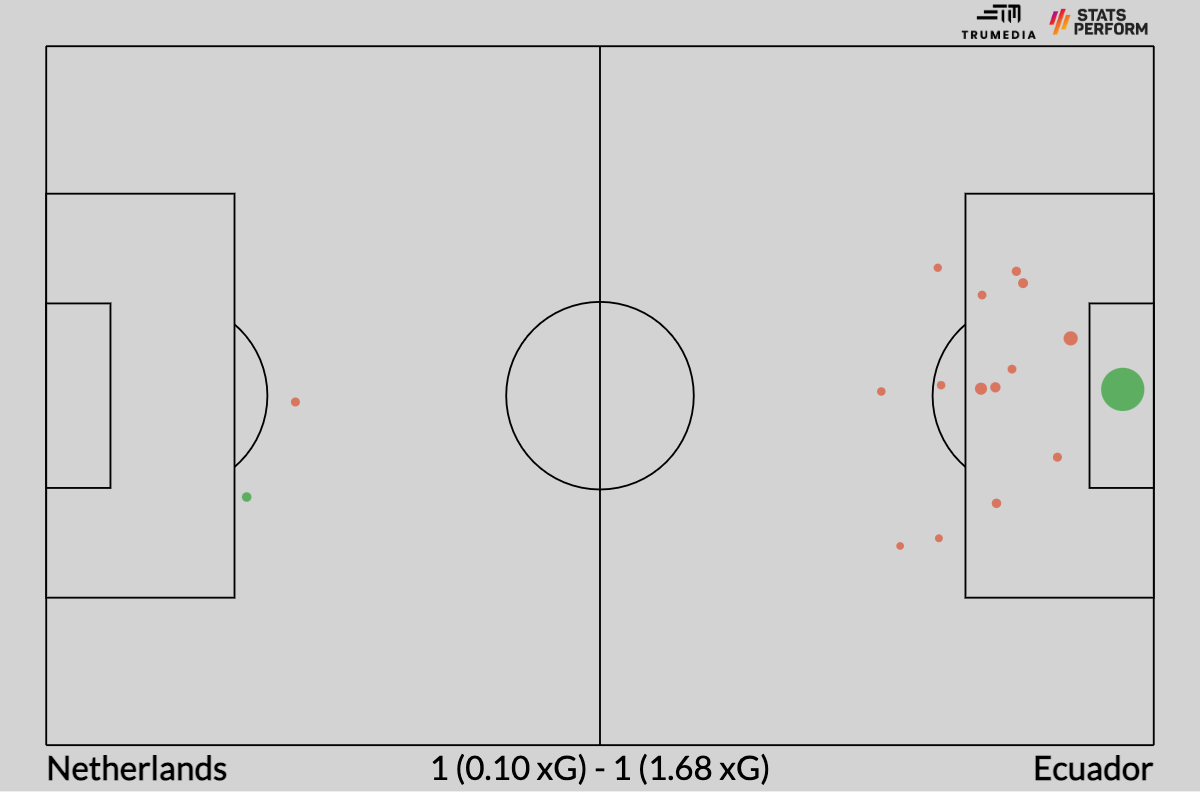
They handled the last game against Senegal poorly but truly were good enough to get out of the group. After the US, they were the second-youngest team in the group stages. As long as they can find a replacement for veteran scorer Enner Valencia -- or convince him to spend the next four years inside a hyperbaric chamber -- there's a lot to look forward to here.
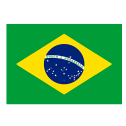 =9. Brazil
=9. Brazil
They were the favorites before the tournament began, and their odds of winning it all, per FiveThirtyEight, have increased from 22% to 30% after the group stage. All you really need to know is this: Their first-choice keeper, Liverpool's Alisson, still hasn't had to make a save.
 =9. France
=9. France
Les Bleus were close to joint favorites a year ago with Brazil. Then they lost some games and then lost a bunch of key players to injury. And then they played two and vaporized two with their full-strength starting 11.
Despite the loss to Tunisia with their B-team on the field, Didier Deschamps' squad looks like the cream of the crop once again.
 11. Australia
11. Australia
If I was purely just vibing here -- insofar as I understand what that word means, and I mostly don't understand it -- the Socceroos would be way higher. Hell, they'd probably be No. 1. They didn't expect to qualify, let alone win a game, let alone get out of their group, let alone win two games.
But, um [lowers voice to a whisper], this team ain't good. Through Tuesday's matches, Australia had the second-worst expected goal differential of any team in the tournament. Good work if you can get it, though!
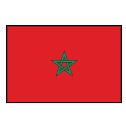 12. Morocco
12. Morocco
Coming into the tournament FiveThirtyEight rated Morocco as the 15th-best team. So, just about as average as it gets. And ... nothing that's happened since suggests anything different.
Through three games, the Moroccans outshot their opponents, 24-20. They conceded 38 penalty-area touches while taking 30 of their own. And they created 2.3 xG and allowed 2.9. Given the vagaries of a three-game sample of soccer games, you can squint at those numbers and conclude that Morocco were no better and no worse than their opponents. Of course, they managed to turn those aggregates into four goals scored, one conceded, zero losses, 7 points and a first-place group finish.
 13. Spain
13. Spain
Their opening-game win against Costa Rica was one of the most dominant you'll ever see: seven goals and zero shots conceded. But then they took just one point from their final two matches, and it's not like they got unlucky, either. Both Germany and Japan took it to them after Spain opened the scoring.
The worry for this team, I think, is the same worry people had for the Barcelona teams toward the end of Messi's career -- you remember, the ones that blew massive leads in the Champions League two years in a row. They're as good as anyone at controlling a game when the stakes are even with their unmatched ability to pass the ball up and down the field, but when the opposition needs to chase the game and starts attacking more aggressively, they just don't have the ability to flip the switch to play more directly and hit balls in behind the ever-advancing opposition defensive line.
I think of them like an NFL team with an all-time great run game but no deep threat in the passing game. When the game starts and you have to respect the pass, they methodically break your spirit and run all over you, but eventually, you figure out that they can't throw deep even if you dare them to. You push your players forward, and all of a sudden, they're lost, and the game starts heading in the other direction.
Perhaps, though, they played it all right. Per FiveThirtyEight, Spain's chances to reach the semis (35% to 43%) and final (23% to 25%) went up because they finished second in the group.
 14. Saudi Arabia
14. Saudi Arabia
At least they made it fun, right? The win against Argentina was a chaotic result, but they also did it, somehow, by playing a ridiculously high line and drawing the favorites offside way more often than an underdog typically would. They outplayed Poland for long stretches, and then the wheels came off against Mexico. While the three points came from the funniest game possible, that feels just about right, and a good deal better than anyone would've expected before the tournament began.
All hail Herve Renard's facial structure!
 15. Cameroon
15. Cameroon
They were way better than I expected. They didn't get out of the group, but they also, you know, BEAT BRAZIL. I don't care that it was Brazil's B-team, either. That group included two Arsenal players, two from Manchester United, two from Real Madrid, one from Liverpool, one from Sevilla, one from Juventus and perhaps the (admittedly washed) best right-back of his generation. The game wasn't particularly close, but who cares?
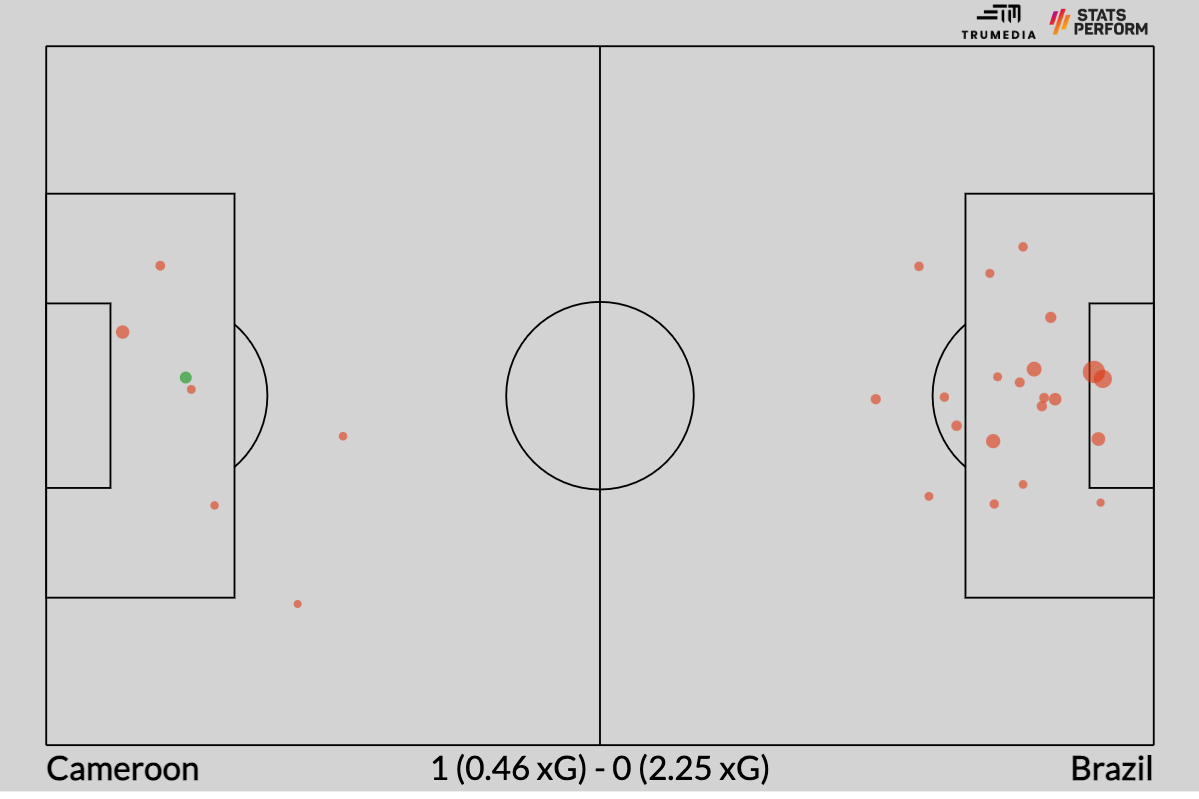
More importantly, Vincent Aboubakar became immortal on Friday. He scored the winner against Brazil in injury time, took his shirt off and was immediately ejected from the match for picking up his second yellow card.
2006 - Vincent Aboubakar is the first player to score and be sent off in a World Cup match since Zinedine Zidane vs Italy in the 2006 final. Sign-off. pic.twitter.com/GgPXI31c4R
— OptaJoe (@OptaJoe) December 2, 2022
If there isn't a statue of this moment standing in Yaoundé by the end of the year, I will personally commission it myself.
 16. Portugal
16. Portugal
I think I understand Portugal the least out of any team through to the round of 16. They didn't play particularly well against Ghana or Uruguay but sealed both results after winning questionable penalties. And then they played a heavily rotated side for the final match against South Korea. With a new generation of stars like Bernardo Silva, Joao Cancelo and Bruno Fernandes, they definitely look more dynamic than the stodgy sides selected by manager Fernando Santos over the past six years, but they haven't really turned that dynamism into any kind of quality chance creation from open play. There might be a title contender somewhere in there, or there might be another round of 16 exit on the way.
 17. Germany
17. Germany
Now, I don't think Germany were perfect. They conceded a bunch of chances in the second half to Japan without continuing to create a ton, and they weren't anything special in the first half against Spain, either. But all these minor tactical stories pale in explanatory importance to this: The finishing just didn't go their way to a hilariously absurd degree.
Through three games, Germany created 9.97 expected goals and conceded 3.53. All in all, that adds up to an xG differential of plus-6.44, which is ... THE BEST MARK IN THE ENTIRE TOURNAMENT. They somehow turned that into just a plus-1 actual goal differential, with six goals scored and five conceded.
Again, this is Germany we're talking about; there's no reasonable story here that suggests these players are somehow below-average finishers and defenders and shot-stoppers. Some of Hansi Flick's lineup choices were questionable -- notably his apparent contempt for the idea of a "defensive" midfielder, whatever it was he was trying to do with the right-back position, and a continued reliance on Thomas Muller, a true legend but also a 33-year-old who attempted just three shots for a team that took 15 more shots than any other team at the World Cup.
Despite all that, Germany were more than good enough to get out of the group. They're probably even good enough to win the World Cup.
Given all that, though, firing Flick would be a bad idea.
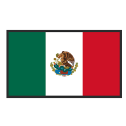 18. Mexico
18. Mexico
While some of my colleagues might disagree, I don't think this is a disaster for Mexican soccer. This team -- especially without a fully fit Raul Jimenez to bang in a couple of goals up top -- just isn't as good as previous iterations without the likes of Chicharito Hernandez and Carlos Vela. There's nothing manager Tata Martino can do about that.
Despite a worse player pool than in the past, El Tri really were the second-best team in their group. As ordered by xG differential:
Argentina: +5.5
Mexico: +0.9
Saudi Arabia: -3.1
Poland: -3.3
We love to make the World Cup out to be a profound referendum on every country's entire soccer program, but we're talking about three games here. Sometimes the bounces don't go your way -- and only a handful of teams are talented enough to survive whenever that happens. Mexico aren't, and have never been, one of them.
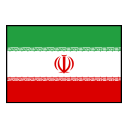 19. Iran
19. Iran
They were terrible against England, great against Wales and then unimpressive against the US. For all the consternation of the Americans playing a so-called "prevent win" strategy, they conceded only four total shots. Turn that around and it means that Iran spent nearly an hour knowing they needed to score a goal in order to stay alive, and all they could muster were four attempts on goal.
That being said, Carlos Quieroz's team bounced back impressively from the opening blowout against England, Mehdi Taremi looked like a star capable of competing with the very best players in the world, and then they really were just one kick of the ball away from making it out of the group. Given everything going on back home, I'd be proud of this team.
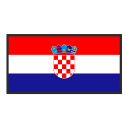 20. Croatia
20. Croatia
There's a running joke among soccer fans that 2-0 is the worst lead in soccer. It's undoubtedly untrue -- you would rather be, uh, winning by two goals instead of one -- but it itches at the undoubtedly true idea that teams shift into an unnecessarily conservative mode when the incentives no longer require them to score goals.
I think we saw a larger-scale version of this on the final day of the group stages, when multiple teams needed only a draw or a small-margin loss to advance. Ecuador, Poland and Croatia all got absolutely obliterated on the final matchdays. It was particularly egregious for the Croats, who mopped the floor with Canada in their previous match and then really should've been sent packing by Belgium on Thursday.
Oh my god, via @StatsPerform:
— Bill Connelly (@ESPN_BillC) December 1, 2022
Belgium: 16 shots, 3.4 xG
Lukaku: 5 shots, 2.1 xG
No goals.
Was that just due to the score effects? Or do Croatia just not have it in them to play at a high level for multiple games in a row? They have arguably the best midfield at the tournament with Real Madrid's Luka Modric, Chelsea's Mateo Kovacic and Inter Milan's Marcelo Brozovic, and they should've been able to keep the ball away from and then slice through the win-chasing Belgians. Instead, they hung on for dear life and just barely advanced.
 21. Tunisia
21. Tunisia
This feels like the prototypical fine team. A semi-encouraging draw, a disappointing loss and then a we-can't-get-too-hyped-because-we-were-playing-backups win over the defending champs. You can be mad at Denmark, but you guys lost to Australia, too.
 22. Canada
22. Canada
Now, I don't think this is a totally accurate summation of what happened, but, well, here's a thing that is true: Canada had the best xG differential of anyone in their group despite losing all three matches. That fact misses a couple of things: (1) After some halftime adjustments, Belgium mostly held them at arm's length in the opening match after getting dominated in the first 45; (2) Croatia annihilated them in Game 2, which eliminated them from the tournament and led to (3) they had nothing to play for in their final match.
That being said, they win that Belgium match way more often than they lose it: Jonathan David finishes one of his many chances, Alphonso Davies converts his penalty, etc. Then even if the Croatia game still plays out in the same way, they're live against Morocco in the final match.
It's a bummer to take zero points out of your second World Cup appearance, but the reality is they were a lot better than that. Plus the players who form their European core -- Davies at Bayern Munich, David at Lille, Tajon Buchanan at Club Brugge in Belgium and Stephen Eustaquio at Porto in Portugal -- are all 25 years old or younger.
This team hadn't even reached the final stage of World Cup qualifying since 1998. Things are headed in the right direction.
 23. Netherlands
23. Netherlands
Perhaps they're just biding their time and saving their energy, but I don't know, man. Cody Gakpo has scored with three of his four shots. Put another way, that's three goals on 0.28 xG.
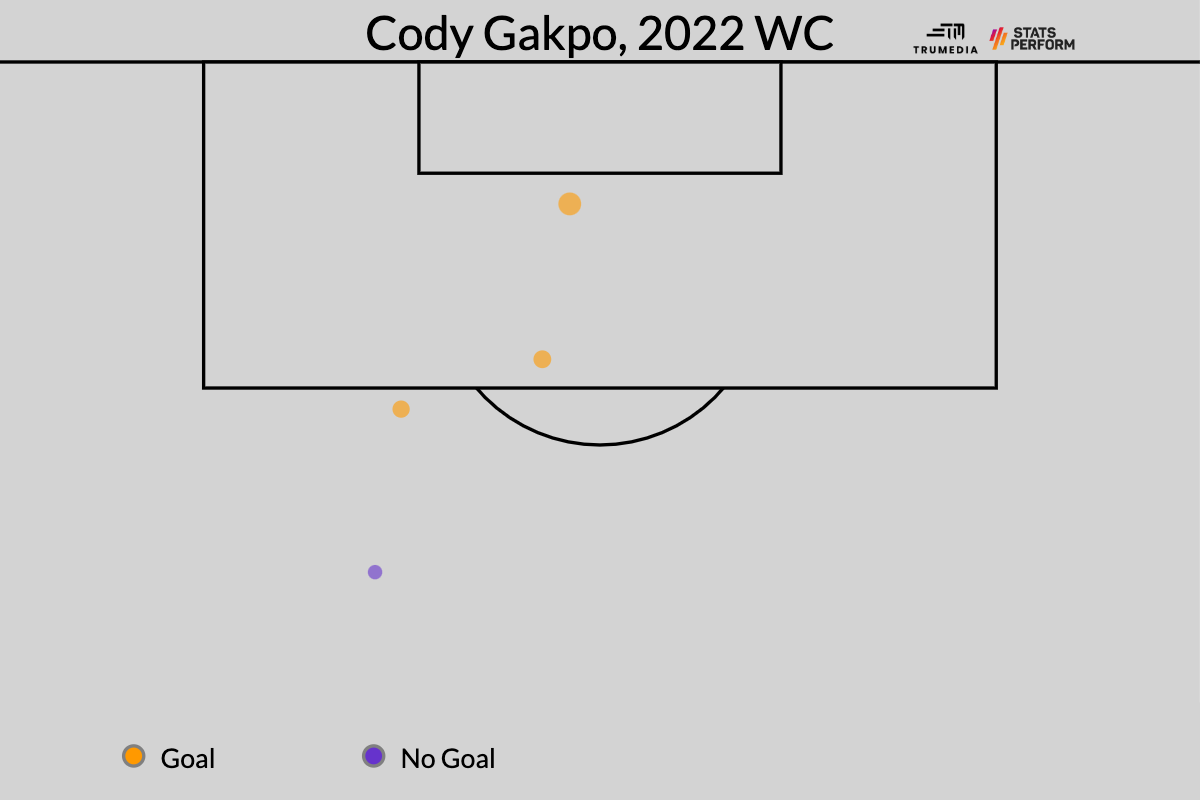
They're solid defensively and they can pass the ball sideways, but that's about it. A decent rule of thumb: good teams don't create fewer xG than their opponents when they're in what is theoretically the easiest group in the tournament. And, uh, the Netherlands failed the test. For a team that was on a tear over the past year, I expected a lot more. Maybe we'll see it soon, but we haven't just yet.
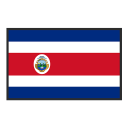 24. Costa Rica
24. Costa Rica
We'll always have those 2 minutes and 55 seconds where Japan and Costa Rica were going through. Ultimately, Costa Rica started the tournament without taking a single shot and ended it by conceding the most xG in a single World Cup game (5.59 xG) since 1966, which is as far back as the data goes. There's not much to look forward to, either, as they have the second-oldest team in the tournament. They made it just about as fun as they could.
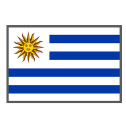 25. Uruguay
25. Uruguay
Uruguay are Morocco, just with better players. I know, I know. Just bear with me here:
Penalty-area touches, for and against: 53, 54
Shots, for and against: 33, 32
xG, for and against: 3.55, 3.44
Goals, for and against: 2, 2
On the one hand, it's incredible that a country as small as Uruguay can go to a World Cup and hang with just about anyone they face. On the other hand, per FiveThirtyEight, they came into the tournament with one of the 10 most talented squads, based on the quality of the clubs their players play for and how much playing time they get. With Liverpool's Darwin Nunez, Real Madrid's Federico Valverde, and Tottenham Hotspur's Rodrigo Bentancur all flourishing at the club level, this could've been a fun team. Instead, it was just ... totally average.
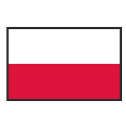 26. Poland
26. Poland
Until further notice: they stink!
Against Argentina, they conceded 46 touches inside their box and made just three inside the other one. The final-third possession: 87% in favor of Messi and co. Robert Lewandowski has attempted six shots from open play across three matches. This team shouldn't be this bad, and yet: they always are.
 27. Ghana
27. Ghana
[Whispers] If you guys scored either of your penalties when the game was tied against Uruguay, in 2010 or 2022, you could've just put this whole thing to bed.
 28. Wales
28. Wales
They scored zero goals from open play and conceded six. Coming into the tournament, they were supposed to be somewhere in that midtier glut of about 10-15 teams that all had a legit shot to get to the knockout round. Instead, they performed like one of those bottom-tier teams that never had a real shot to begin with.
International soccer is cruel, man. Wales get to their first World Cup since 1958, but their two best players of the modern era -- Gareth Bale and Aaron Ramsey -- just don't have it anymore. Bale attempted one shot -- the penalty against the US -- in the tournament, while Ramsey completed just one pass into the penalty area.
 29. Serbia
29. Serbia
They topped a World Cup qualifying group that included Portugal, and they came into the tournament with a roster filled with players who play in one of Europe's top five leagues. They leave ... with two points, the third-worst xG differential in the tournament and more goals conceded than any team other than Costa Rica.
 30. Belgium
30. Belgium
They got outshot, they conceded more touches in their own penalty area than they registered on the other side, and they were almost exactly even on xG: 4.8 created, 4.81 conceded. So, despite the tragic ending -- please spare a thought for Romelu Lukaku -- they're going home because they played so badly for two games, only to get it together when everything was on the line.
Per the FIFA rankings, this is by far the biggest disappointment of the group stages. The second-best team in the world is going home before the round of 16! But that's just not accurate. Most every other rating system that tried to take into account results, player quality and underlying performance was way lower on Belgium. FiveThirtyEight rates them as the ninth-best team in the competition -- closer to South Korea in 22nd than Brazil in first.
And yet, it still is a massive disappointment. Belgium are not -- and have never been -- a soccer power. It's the 12th-biggest country with the 12th-biggest GDP in Europe. The country truly did produce a Golden Generation that was good enough to get them, at one point, all the way up to first in the FIFA rankings. Most of those players -- Eden Hazard, Toby Aldeweireld, Jan Vertonghen, Lukaku -- were still present in Qatar, but they're almost all significantly reduced versions of their past selves. Their average age, adjusted for playing time, was 30.4 -- the oldest of any team at the tournament.
It's time to finally phase in the next generation of talent, though there's just no way they're going to be as good as the guys who came before.
 31. Denmark
31. Denmark
They made a run to the semis of Euro 2020 -- after their best player, Christian Eriksen, nearly died on the field. Then they cleaned up in qualifying and beat France twice in the Nations League. Eriksen, miraculously, was back for the World Cup, and they came into the tournament with perhaps the strongest cheat code of any team: their proficiency from set pieces. They scored 100% of their goals in Qatar in set pieces; they also scored only one goal, total.
The Danes were a bit unlucky in their matches against Tunisia and Australia, as they created 2.3 xG and conceded 1.5 but scored none and conceded one. Except, they were supposed to be a lot better than Tunisia and Australia -- not just slightly better.
This heat map does a nice job of showing what their biggest problem was:
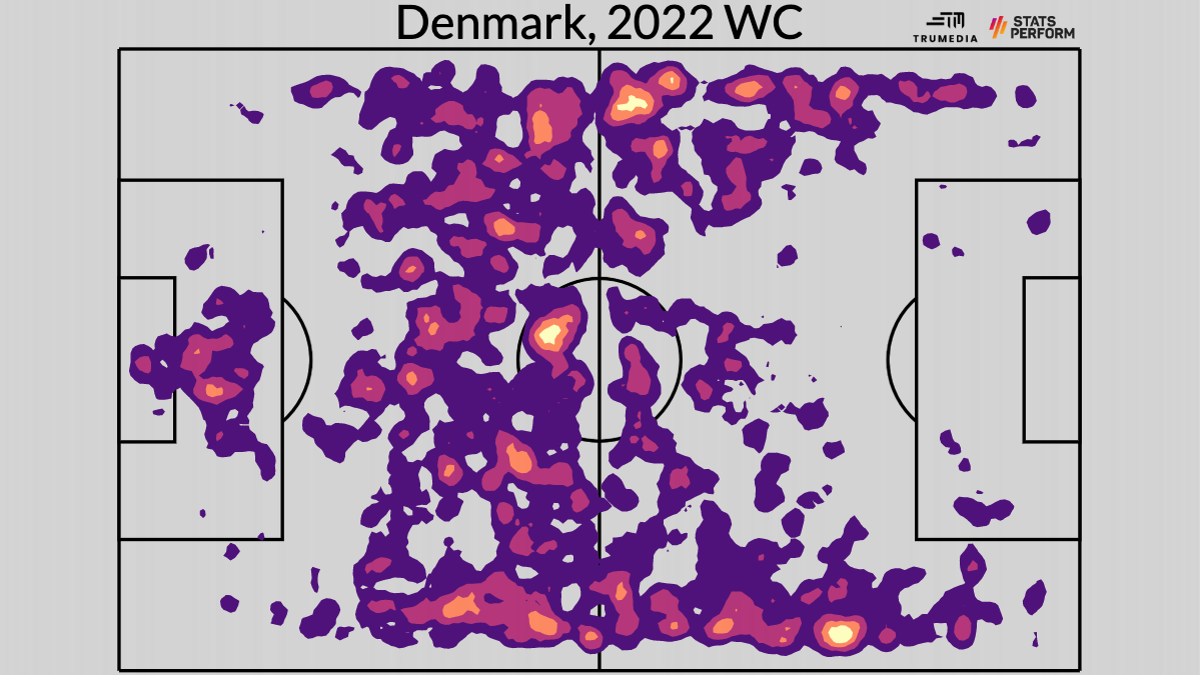
They had no issues controlling the ball -- more than 50% possession in every match, including the loss to France -- but just had no ability to get the ball into the dangerous areas on the field. Compared to my personal pre-tournament expectations, Denmark were the biggest disappointment -- by far.
 32. Qatar
32. Qatar
They should never have been in the World Cup to begin with, and then they lost every game by at least two goals. They were bad, but even worse: they were totally unmemorable.
